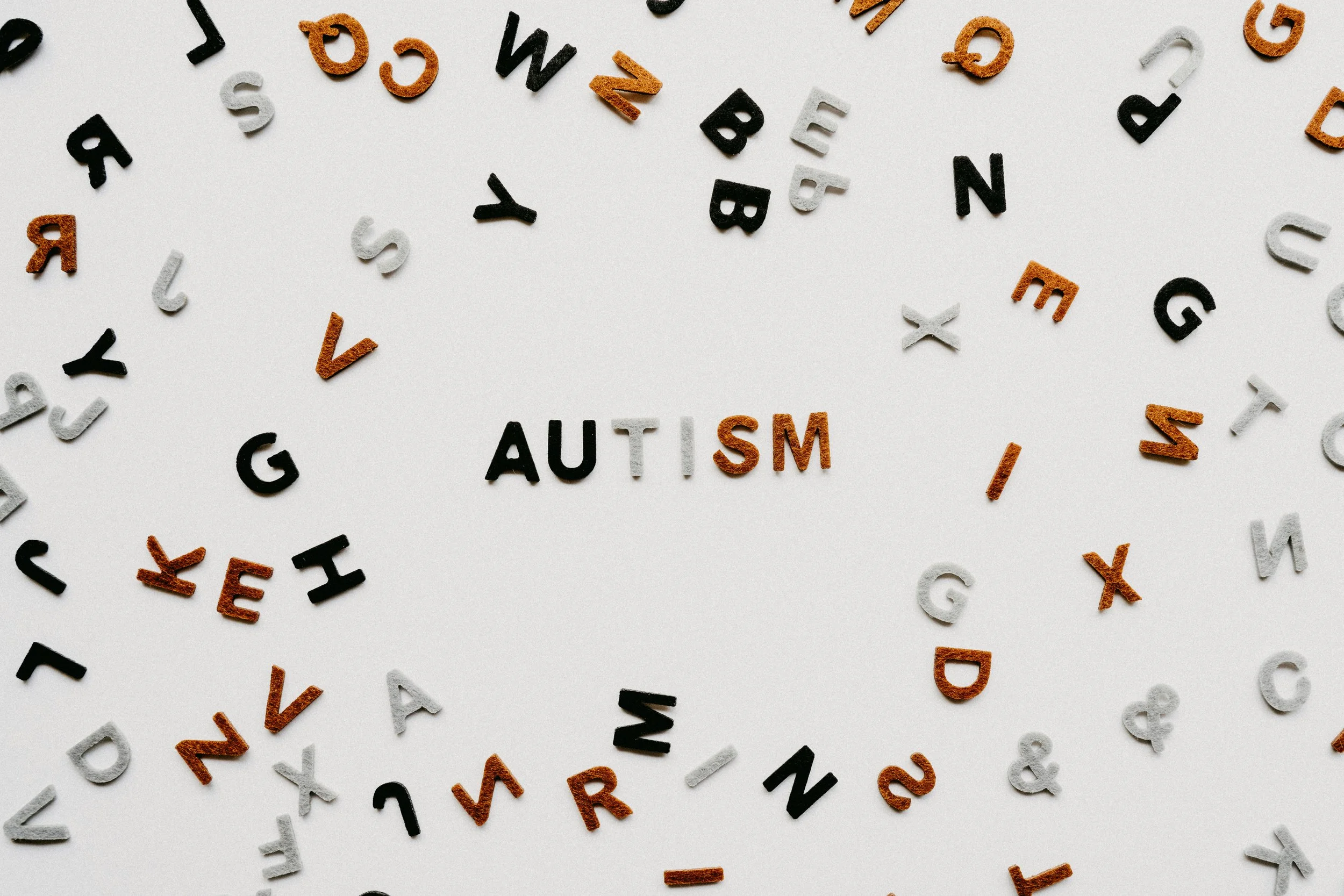Understanding Autism: Building Awareness, Acceptance and Inclusion
Every April, Autism Awareness Month serves as a powerful reminder of the importance of recognizing, understanding, and embracing neurodiversity. But autism awareness goes far beyond a month on the calendar—it’s about creating a world where individuals with autism are seen, heard, valued, and supported every single day.
So, what does it really mean to raise awareness about autism?
What Is Autism?
Autism Spectrum Disorder (ASD) is a neurological and developmental condition that affects how a person communicates, interacts with others, and experiences the world around them. It is called a “spectrum” because each individual with autism has a unique combination of strengths, challenges, and needs. Some may need significant support in daily life, while others live independently and thrive in various settings.
Autism isn’t a one-size-fits-all diagnosis—and that’s part of what makes awareness so essential. It helps us see beyond stereotypes and appreciate the individuality of every autistic person.
From Awareness to Acceptance
For many years, autism awareness focused on identifying signs and increasing understanding of the condition. While that’s still important, the conversation has evolved.
Today, the focus is shifting from just awareness to acceptance and inclusion. It’s not just about knowing that autism exists—it’s about creating environments where autistic individuals are fully embraced for who they are.
Acceptance means recognizing that different ways of thinking, communicating, and experiencing the world are not deficits—they’re differences. Inclusion means making space for those differences in schools, workplaces, communities, and beyond.
Why Autism Awareness Matters
1. It Reduces Stigma
Despite progress, many myths and misconceptions still surround autism. Increasing public understanding helps break down harmful stereotypes and encourages compassion over judgment.
2. It Empowers Families
When communities are aware and informed, families raising autistic children feel more supported, less isolated, and more confident in navigating services and resources.
3. It Promotes Early Intervention
Recognizing early signs of autism and seeking support early on can make a significant difference in development. Awareness helps families access help when it’s most effective.
4. It Fosters Stronger Communities
Inclusive communities benefit everyone. They are more innovative, empathetic, and dynamic. When everyone has a seat at the table, everyone thrives.
How You Can Support Autism Awareness
Educate Yourself and Others: Learn about autism from reputable sources, read research-based literature, and listen to the voices of autistic individuals and their caregivers.
Use Respectful Language: Words matter. Avoid outdated or offensive terms, and respect each person’s preferred identity language (e.g., “autistic person” vs. “person with autism”).
Promote Inclusive Practices: Whether in classrooms, workplaces, or public spaces, advocate for policies that support accessibility and acceptance.
Celebrate Neurodiversity: Recognize that every brain is unique. Embrace differences in thinking and processing as natural parts of the human experience.
Autism awareness is about more than wearing a puzzle piece or turning your lights blue—it’s about deepening our understanding, embracing compassion, and building a more inclusive world. Every voice matters. Every story counts.
Together, we can shift the narrative from awareness to action—and from acceptance to true belonging.

